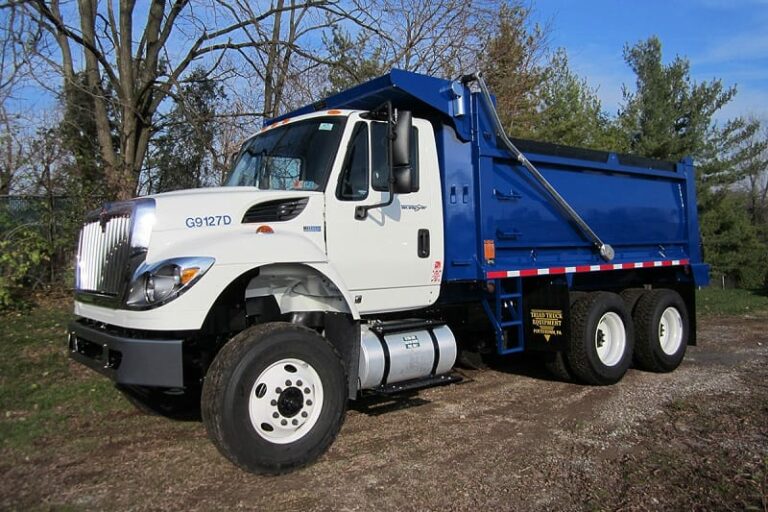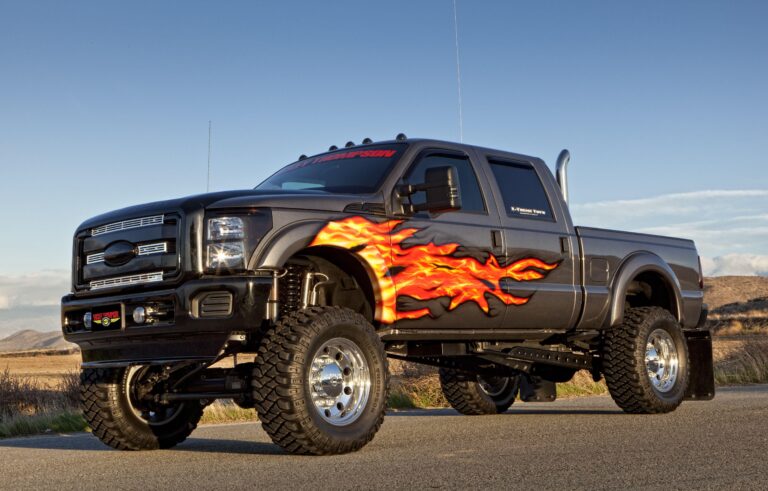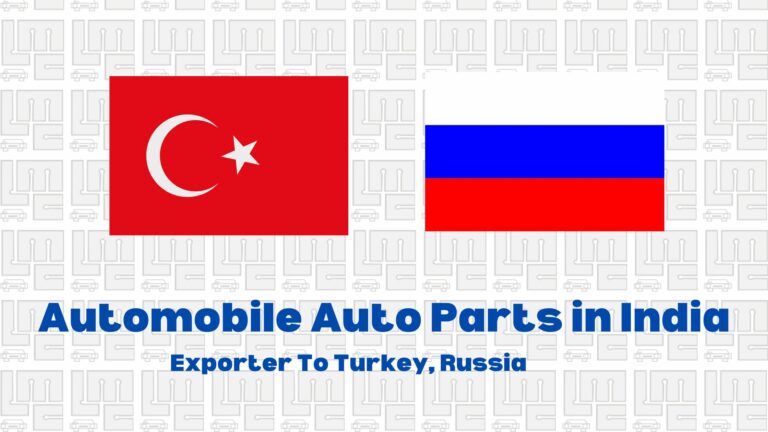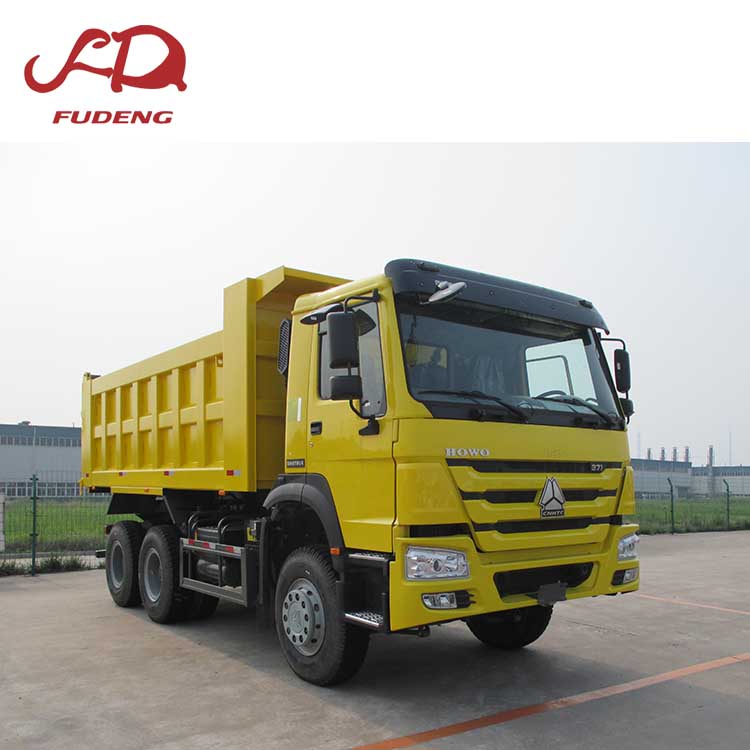Used Long Box Trucks For Sale: Your Comprehensive Guide to Smart Acquisition
Used Long Box Trucks For Sale: Your Comprehensive Guide to Smart Acquisition cars.truckstrend.com
In the bustling world of logistics, delivery, and mobile services, the long box truck stands as a quintessential workhorse. These versatile vehicles, often referred to as straight trucks, cube vans, or dry vans, are the backbone of countless businesses, facilitating everything from local deliveries and cross-state freight to professional moving services and even mobile workshops. While brand-new models offer the latest features and warranties, the market for Used Long Box Trucks For Sale presents a compelling alternative, offering significant cost savings, immediate availability, and a wider array of choices for budget-conscious entrepreneurs and established companies alike. This guide delves into everything you need to know about navigating the used long box truck market, ensuring you make an informed and beneficial purchase.
I. What is a Long Box Truck and Why Buy Used?
Used Long Box Trucks For Sale: Your Comprehensive Guide to Smart Acquisition
A long box truck is characterized by its separate cab and a large, enclosed rectangular cargo area (the "box") mounted directly onto the chassis. Unlike tractor-trailers, the cab and cargo area are a single, rigid unit, making them highly maneuverable for urban deliveries and suitable for businesses that don’t require the immense capacity of a full semi-trailer. The "long" typically refers to box lengths ranging from 20 feet to 26 feet, though variations exist.
Typical Applications:
- Local & Regional Delivery: Courier services, furniture delivery, appliance retailers.
- Moving Companies: Residential and commercial relocation.
- Freight & Logistics: Less-than-truckload (LTL) shipments, last-mile delivery.
- Specialized Services: Mobile workshops, tool trucks, catering, and event support.

Benefits of Buying Used:
- Significant Cost Savings: New commercial trucks depreciate rapidly. Buying used allows you to bypass the steepest part of this depreciation curve, acquiring a valuable asset at a fraction of the new price.
- Immediate Availability: New trucks often come with lead times. Used trucks are typically available for immediate purchase and deployment, crucial for businesses with urgent needs.
- Proven Reliability: A well-maintained used truck has a history, and its reliability (or lack thereof) can often be assessed through service records and professional inspection.
- Wider Selection: The used market offers a vast inventory across various makes, models, years, and configurations, increasing your chances of finding a truck that perfectly matches your specific requirements.
Potential Challenges of Buying Used:
- Hidden Issues: Without thorough inspection, you might inherit pre-existing mechanical problems.
- Higher Mileage/Wear: Used trucks will have accumulated wear and tear, potentially leading to more immediate maintenance needs.
- Limited Warranty: Factory warranties may have expired or be limited, placing more responsibility on the buyer for future repairs.
II. Key Considerations When Buying a Used Long Box Truck
Purchasing a used commercial vehicle requires diligent research and careful evaluation. Here are the critical factors to consider:
1. Box Length and Cargo Capacity
The length of the box (e.g., 20 ft, 24 ft, 26 ft) directly impacts the volume of cargo you can carry. Consider your typical load size, the type of goods, and any height or width restrictions for your delivery routes. Payload capacity (the maximum weight the truck can carry) is equally important and is tied to the truck’s Gross Vehicle Weight Rating (GVWR).
2. Engine and Fuel Type
- Diesel: More expensive to purchase and maintain, but offers superior fuel efficiency for heavy loads and long distances, greater longevity, and higher torque. Ideal for continuous, heavy-duty operation.
- Gasoline: Lower upfront cost, less expensive maintenance, and quieter operation. Better suited for lighter loads, shorter routes, and frequent stop-and-go driving.
3. Transmission
- Automatic: Easier to drive, especially for drivers with less commercial truck experience, and reduces driver fatigue in heavy traffic. Generally less fuel-efficient than manual.
- Manual: Offers greater control and often better fuel economy. Requires more skill to operate. Common in older models.
4. GVWR (Gross Vehicle Weight Rating) and CDL Requirements
The GVWR is the maximum operating weight of the vehicle as specified by the manufacturer, including the vehicle itself, fuel, passengers, and cargo.
- Under 26,000 lbs GVWR: These trucks typically do not require a Commercial Driver’s License (CDL) in most states, making them accessible to a wider pool of drivers. This is a common choice for many small to medium-sized businesses.
- 26,001 lbs GVWR and above: These trucks generally do require a CDL, limiting your driver pool but offering higher payload capacities.
Always verify specific state and federal regulations regarding CDL requirements.
5. Liftgate
A liftgate is an invaluable feature for businesses that frequently load and unload heavy items without a loading dock.
- Types: Rail gates (most common, robust), tuck-away gates (fold under the truck bed), level ride gates.
- Condition: Thoroughly test the liftgate’s operation, check for hydraulic leaks, damaged wires, and structural integrity. Repairing or replacing a liftgate can be costly.
6. Condition Assessment: A Multi-Point Inspection
This is perhaps the most crucial step.
- Engine & Drivetrain: Look for oil leaks, unusual noises, smoke from the exhaust, and signs of proper maintenance (clean engine bay, fresh fluids). Check the transmission for smooth shifts.
- Brakes & Tires: Inspect tire tread depth, uneven wear, and age. Check brake pads, rotors, and air lines (if applicable).
- Box Condition: Look for dents, cracks, water leaks (especially on the roof and seams), damaged interior walls, and the condition of the floor. Test the rollup door or swing doors for smooth operation.
- Frame: Inspect for rust, cracks, or signs of previous accident damage or repairs.
- Cab Interior: Check for wear and tear, functionality of all gauges, lights, HVAC, and power windows.
- Electrical System: Ensure all lights (headlights, taillights, marker lights), turn signals, and interior lights work. Check the battery and charging system.
7. Maintenance Records
Request comprehensive maintenance records. A detailed service history indicates a responsible previous owner and can reveal patterns of issues or proactive repairs, giving you confidence in the truck’s longevity.
8. Mileage and Engine Hours
While lower mileage is generally preferred, a high-mileage truck with meticulous maintenance records can be a better buy than a lower-mileage truck that has been neglected. For commercial vehicles, engine hours can sometimes be a more accurate indicator of wear than mileage, especially for trucks used in stop-and-go urban environments.
III. Where to Find Used Long Box Trucks For Sale
The market for used commercial vehicles is diverse. Knowing where to look can streamline your search.
- Commercial Truck Dealerships: Offer a curated selection, often with pre-inspected vehicles, limited warranties, and financing options. Prices might be higher, but you gain peace of mind and support.
- Online Marketplaces: Websites like TruckPaper.com, CommercialTruckTrader.com, eBay Motors, and even Facebook Marketplace host vast inventories from dealers and private sellers. They offer a wide range of options but require more diligence from the buyer.
- Auctions (Fleet, Government, Private): Can yield excellent deals, but trucks are typically sold "as-is," with little to no opportunity for detailed inspection. Best for experienced buyers or those with mechanics on hand.
- Private Sellers: Found through local classifieds or word-of-mouth. Prices can be lower due to fewer overheads, but there’s often no recourse if issues arise after purchase.
IV. The Buying Process: Tips for a Smooth Purchase
- Set a Realistic Budget: Factor in not just the purchase price, but also taxes, registration, insurance, and an immediate reserve for any necessary initial maintenance or repairs.
- Research Thoroughly: Understand the common issues and strengths of specific makes and models (e.g., Isuzu NPR, Hino 268, Freightliner M2, Ford F-Series Super Duty with box).
- Perform a Pre-Purchase Inspection (PPI): This is non-negotiable. Hire an independent, qualified mechanic specializing in commercial trucks to thoroughly inspect the vehicle before purchase. This small investment can save you thousands down the line.
- Test Drive Extensively: Drive the truck empty and, if possible, with a representative load. Pay attention to how it handles, accelerates, brakes, and listen for any unusual noises. Test all features.
- Review Documentation: Verify the title, registration, and VIN (Vehicle Identification Number). Run a VIN check through services like Carfax or a commercial equivalent to check for accident history, liens, and reported mileage discrepancies.
- Negotiate: Don’t be afraid to negotiate the price, especially if your inspection uncovers issues.
- Secure Financing and Insurance: Have your financing pre-approved and understand insurance requirements for commercial vehicles before finalizing the deal.
V. Maintaining Your Used Long Box Truck
Once you’ve acquired your used long box truck, proactive maintenance is key to maximizing its lifespan and protecting your investment.
- Adhere to Service Schedules: Follow the manufacturer’s recommended service intervals for oil changes, fluid checks, and filter replacements.
- Regular Inspections: Conduct daily pre-trip inspections and periodic detailed checks of tires, brakes, lights, and suspension components.
- Liftgate Care: Lubricate moving parts, check hydraulic fluid levels, and inspect cables and hoses regularly.
- Body Integrity: Address any dents, cracks, or leaks in the box promptly to prevent cargo damage and structural issues.
- Proactive Repairs: Don’t defer minor repairs; they can quickly escalate into major, costly problems.
VI. Estimated Price Guide for Used Long Box Trucks For Sale
The price of a used long box truck varies significantly based on make, model, year, mileage, condition, features (like a liftgate), and location. This table provides a general range for common configurations.
| Make/Model Examples | Year Range | Mileage Range (Approx.) | Box Length (Feet) | Condition (General) | Estimated Price Range (USD) |
|---|---|---|---|---|---|
| Isuzu NPR/NQR | 2010-2015 | 150,000 – 250,000 | 16-20 | Fair to Good | $15,000 – $30,000 |
| Isuzu NPR/NQR | 2016-2020 | 80,000 – 150,000 | 16-20 | Good to Excellent | $30,000 – $55,000 |
| Hino 238/268 | 2010-2015 | 200,000 – 350,000 | 20-24 | Fair to Good | $18,000 – $35,000 |
| Hino 238/268 | 2016-2020 | 100,000 – 200,000 | 20-24 | Good to Excellent | $35,000 – $65,000 |
| Freightliner M2 | 2010-2015 | 250,000 – 400,000 | 24-26 | Fair to Good | $20,000 – $40,000 |
| Freightliner M2 | 2016-2020 | 150,000 – 280,000 | 24-26 | Good to Excellent | $40,000 – $75,000 |
| Ford F-550/650 (Box) | 2010-2015 | 180,000 – 300,000 | 20-24 | Fair to Good | $17,000 – $32,000 |
| Ford F-550/650 (Box) | 2016-2020 | 90,000 – 180,000 | 20-24 | Good to Excellent | $32,000 – $60,000 |
| Older/High Mileage | Pre-2010 | 300,000+ | Various | Poor to Fair | $8,000 – $20,000 |
Disclaimer: These are broad estimates. Actual prices depend heavily on the specific truck’s history, maintenance, features (e.g., liftgate, refrigeration), regional market conditions, and seller. Always conduct thorough due diligence.
VII. Frequently Asked Questions (FAQ) about Used Long Box Trucks
Q1: What’s the best mileage for a used box truck?
A1: There’s no single "best" mileage. For diesel engines, 200,000-300,000 miles is often considered mid-life, and they can go much further with proper maintenance. Gasoline engines typically have a shorter lifespan. More important than mileage is the truck’s maintenance history and overall condition.
Q2: Do I need a CDL for a long box truck?
A2: It depends on the truck’s Gross Vehicle Weight Rating (GVWR). Trucks with a GVWR of 26,000 lbs or less generally do not require a CDL. Those over 26,000 lbs GVWR typically do. Always check your local Department of Motor Vehicles (DMV) regulations.
Q3: How often should I service a used box truck?
A3: Follow the manufacturer’s recommended maintenance schedule, which can vary by make and model. Typically, oil changes are every 10,000-15,000 miles for diesel and 5,000-7,500 for gasoline, with more comprehensive inspections every 30,000-50,000 miles. Regular pre-trip inspections are also vital.
Q4: What brands are considered most reliable for used box trucks?
A4: Isuzu, Hino, and Freightliner are generally well-regarded for their reliability and durability in the commercial truck segment. Ford and Chevrolet also produce robust chassis popular for box truck conversions. Reliability often comes down to individual unit maintenance more than brand alone.
Q5: Can I convert a used box truck for other uses (e.g., RV, food truck)?
A5: Absolutely! Used box trucks are popular platforms for conversions into RVs, tiny homes, food trucks, mobile workshops, and various other custom applications due to their spacious, enclosed cargo area. Ensure the truck’s mechanical condition is sound before embarking on a conversion project.
Q6: What’s the typical lifespan of a well-maintained used box truck?
A6: With proper maintenance, a diesel long box truck can easily last 500,000 miles or more, and often beyond 15-20 years. Gasoline trucks typically have a shorter lifespan, often reaching 200,000-300,000 miles.
Conclusion
Acquiring a used long box truck can be a highly strategic and cost-effective decision for businesses looking to expand their fleet or embark on new ventures. By understanding the various types, key considerations, and the importance of thorough inspection and maintenance, buyers can confidently navigate the market. While the allure of a lower price tag is strong, remember that the true value lies in a well-maintained, reliable vehicle that meets your operational needs. Invest time in research, leverage expert advice, and commit to ongoing care, and your used long box truck will serve as a dependable asset for years to come, empowering your business to deliver success, mile after mile.





